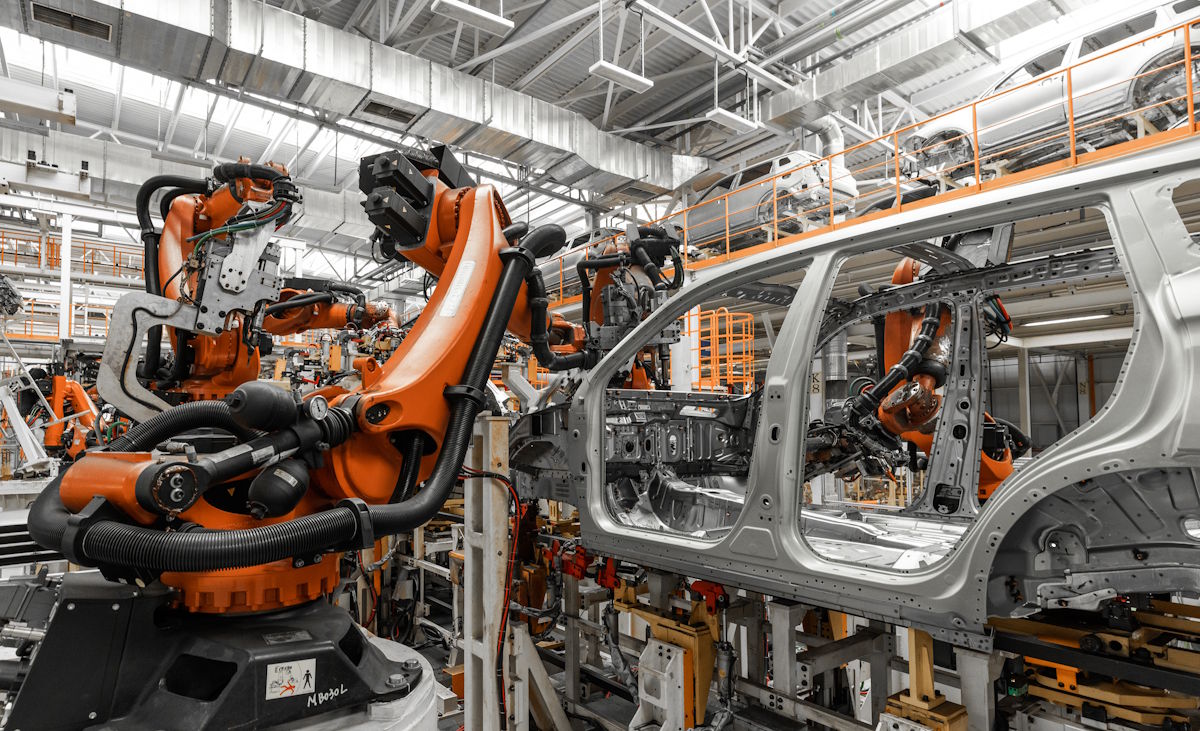Ontario Pay Transparency & Job Posting Rules: What Employers Need to Know for 2026

Ontario employers will soon face major changes to how job postings are advertised. New Ontario pay transparency and job posting rules take effect on January 1, 2026, and organizations should begin preparing now to avoid compliance risks.
As a member of the ACSESS (Association of Canadian Search, Employment & Staffing Services) , STRIVE Recruitment maintains direct insight into emerging employment legislation and compliance requirements across Canada. We proactively support our clients in navigating regulatory change—reducing risk and ensuring hiring practices remain compliant, transparent, and market-aligned.
Through ongoing consultation with the Ministry of Labour, Immigration, Training and Skills Development (MLITSD), ACSESS Ontario continues to engage on behalf of employers and recruitment firms as final operational guidance is developed. While additional interpretation materials are expected closer to 2026, the core requirements are now confirmed.
Who Is Impacted by Ontario’s Job Posting Rules?
The new Ontario job posting rules apply to employers with more than 25 employees in Ontario at the time a job is publicly advertised.
A publicly advertised job posting refers to an external posting for a specific role that is made available to the general public—whether posted directly by the employer or by a recruitment partner acting on their behalf.
These rules do not apply to:
- General recruitment campaigns without a specific role
- General “help wanted” signage
- Internal-only job postings
Ontario Pay Transparency Requirements (Effective 2026)
Under the new Ontario pay transparency legislation, publicly advertised job postings must include expected compensation or a compensation range.
Key requirements include:
- Compensation ranges must not exceed $50,000 annually
- Disclosure is not required if compensation exceeds $200,000 annually
- “Compensation” aligns with the definition of wages under the Employment Standards Act, 2000
This change is intended to improve fairness, reduce pay gaps, and increase transparency in Ontario’s labour market.
Additional Ontario Job Posting Obligations
Disclosure of Existing Vacancies
Employers must disclose whether a posting reflects a current vacancy or is intended to build a candidate pipeline for future needs.
Candidate Communication Timelines
Applicants who participate in an interview must be informed within 45 days of their final interview whether a hiring decision has been made. Communication may occur in writing, in person, or via technology such as email or an ATS.
Prohibition on “Canadian Experience”
Ontario employers may not require Canadian experience (or equivalent language) in publicly advertised job postings.
Job Posting Record Retention
Employers must retain copies of publicly advertised job postings and associated application forms for three years after the posting is removed.
What Ontario Employers Should Do Now
To comply with Ontario’s new pay transparency and job posting requirements, employers should begin reviewing:
- Job posting templates and salary ranges
- Interview tracking and candidate communication processes
- Use of AI and automation in recruitment
- Record retention and compliance systems
Recruitment agencies posting on behalf of employers must also ensure alignment with these obligations.
Regulatory compliance in Ontario’s hiring landscape extends beyond job posting requirements alone. Employers should also be mindful of who they partner with when engaging external recruitment support. Working with unlicensed or non-compliant staffing providers can expose organizations to legal, financial, and reputational risk. STRIVE has previously outlined these risks in detail in our article on the impact of hiring unlicensed staffing agencies in Ontario, underscoring the importance of partnering with reputable, compliant recruitment firms.

How STRIVE Recruitment Supports Ontario Employers
STRIVE Recruitment works with organizations across Ontario to ensure hiring practices remain compliant, competitive, and market-aligned. As additional guidance is released by ACSESS Ontario and the MLITSD, we will continue to provide updates on Ontario pay transparency and job posting regulations.
If you have questions about how Ontario’s job posting rules affect your organization—or need support updating your recruitment processes—connect with STRIVE Recruitment.


















